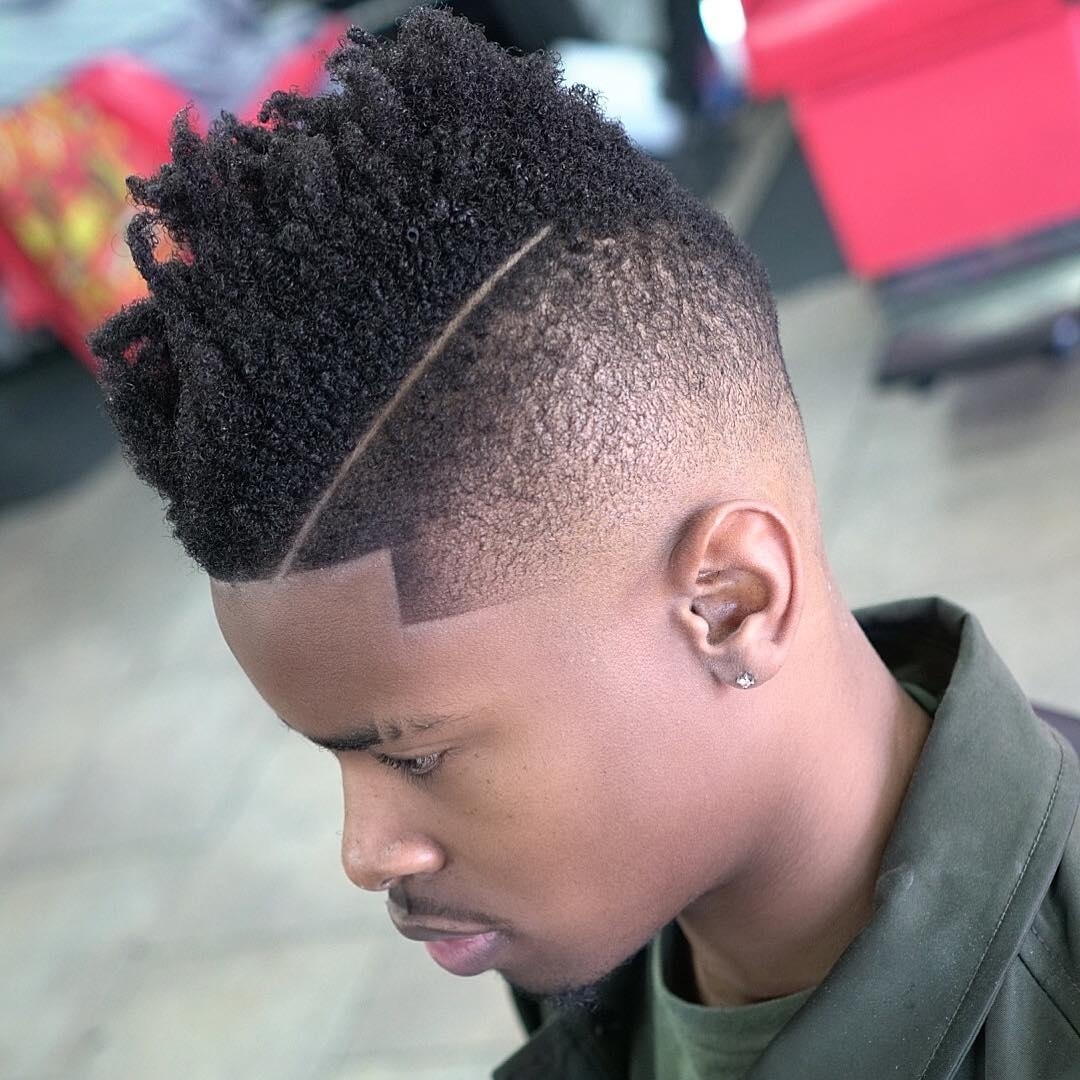
MIDDLE PART MEN TV
Big-screen and TV biopics have tried to explain her many times over, but they always come back to the same narrative – that of a victim, a tragic beauty.
MIDDLE PART MEN SERIES
But Hollywood's cruel joke has been to turn her into a trainwreck, reducing her legacy to a series of messy love affairs, daddy issues and addiction. "Please don't make me into a joke," Marilyn said, to an unnamed interviewer near the end of her life. It's torture porn with a lick of Hollywood gloss. Almost every moment shown is agonising, and Ana de Armas (who plays Marilyn) weeps almost constantly throughout the film's two hour and 45 minute runtime. Blonde seems intent on destroying Marilyn Monroe, the woman, and perverting the image of her by showing us none of the talent, ambition or pride in her work. She is not merely objectified (the first shot we see of her is her backside during the shoot of The Seven Year Itch), she is prodded, examined, raped, subjected to two forced abortions, and abused physically and emotionally. In Blonde, Dominik fixates on Marilyn's body to a gynaecological extent. During her lifetime and beyond, Marilyn's body has been "used to sell a dream of desirability", posits Yhara Zayd in her video essay Selling Marilyn: A Life Merchandised, about the posthumous commercial exploitation of Monroe's image. It's classic Laura Mulvey stuff," she says, referring to the pioneering academic's " male gaze" theory. "It's objectification, it's fetishisation, it's ownership. As Dr Lucy Bolton, a reader in film studies at Queen Mary University of London, says, the actress was often "cut up into segments in her films," with shots that focussed on her breasts, her crotch, her mouth. However there is, at least, an element of bratty joyfulness to this Marilyn as she enjoys her success, and the film ends without putting her (and us) through her sorrowful demise.ĭominik turns Marilyn's story into a body horror. "Let's drop the goo-goo routine, you can't be as dumb as you look", the studio head known as Mr R (an avatar for 20th Century Fox boss Darryl F Zanuck) tells her just before he sexually assaults her.

Montgomery plays Marilyn as an overly grateful and naive woman-child, saying please and thank you to the very men who dismiss and debase her.

Both Marilyn and the men she was close to get to have their say. With each character speaking directly to the camera, verbalising their point-of-view as the scenes unfold, it's a less exploitative adaptation and a more psychoanalytical one.

Chopra's version channels the cruelty of Marilyn's life without displaying the surgical coldness of Dominik's film. Dominik's is not the first Blonde screen adaptation – that was Joyce Chopra's 2001 TV movie, which starred Poppy Montgomery. Oates' Pulitzer Prize-winning book is a fictionalisation of Marilyn's life, narrated from the point of view of a deeply traumatised and lonely woman, in love with movies and the idea of love, but desperately crippled with daddy issues that infect every single relationship she develops.


 0 kommentar(er)
0 kommentar(er)
